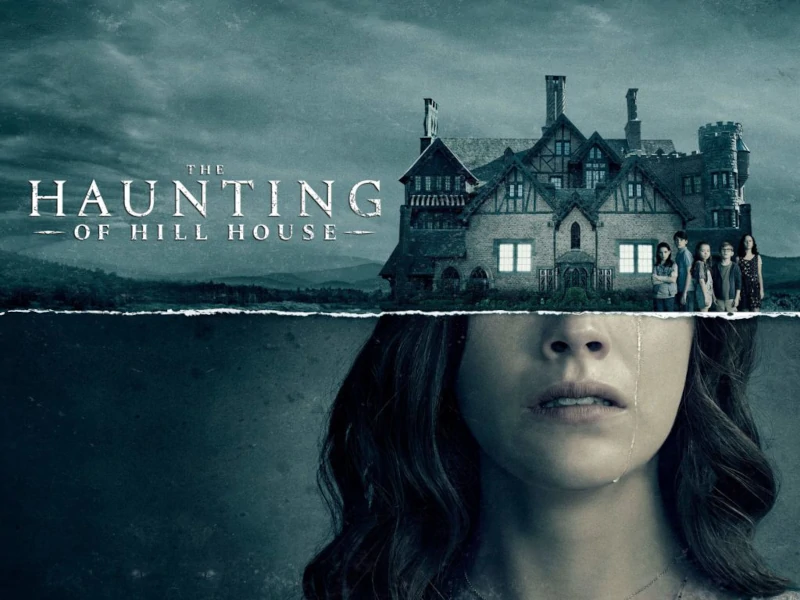
Seven Adaptations That are Better Than the Book!
Words By Kaitlin Lounsberry
Listen, I know what you’re thinking: How could anyone possibly think a film or TV adaption is better than the book? It feels criminal to think it, let alone write it. Yet, despite being “Team Book” ninety-eight percent of the time, I can’t help but acknowledge the instances when adaptions have elevated the written material in a way that wasn’t attempted or attainable in the book. You might hate to admit it’s true, but I have some examples in mind that I think might woo you over. Fair warning, there are some spoilers ahead. I can’t very well convince anyone of my stance without some contextual evidence, right?
I’ve heard all the arguments. From “No adaptation can do it justice,” to “Why adapt the book if you aren’t going to stick to the ending?” to “Well, so and so was supposed to die and now that they didn’t it totally messes up the trajectory of the book.” And generally, I fall into those categories. It’s rare for me to come away from an adaptation believing it was better than the author’s original vision. But it does happen. Don’t @ me about it, okay.
The Haunting of Hill House
Probably my best go to example of a TV adaptation that soared beyond its pages, The Haunting of Hill House barely counts as an adaptation if you compare the book to the series. Unlike Shirley Jackson’s 1959 novel, the Netflix series centers around a family long haunted from their stay in Hill House mansion and the tension and drama that unfolds between the family years later. Except for a few character names and the house itself, the show and book are foreign to one another. If you’re a book purist, it’s easy to understand why you might hate the show. However, this is an example of an adaptation that takes the essence of the book and transforms it into an arguably more sinister, multidimensional story than Jackson might have ever thought to explore.

True Blood
At the time of True Blood’s release on HBO, vampires were the thing in Hollywood. And, as can happen, vampires overtook everything from movies to shows, to books, to style choices courtesy of Hot Topic. I feel a little bad knocking the multibook series for being lackluster. The Southern Vampire Mysteries isn’t bad. It’s much more rounded and complex than a lot of things that flooded the market during the vampire era. But, there were some significant changes made to the series that elevated the show for the better, including keeping a major character in the show alive when he died in Chapter Three of the first book. There’s also something so over the top about the adaptation that makes the series pale in comparison. You can read about someone being soaked in blood over and over, but there’s something about watching it happen that never gets old.

Sharp Objects
I could understand if there’s a bit of pushback on this pick. Of all my picks, the Sharp Objects adaptation aligns with the book most closely. I decided to include the adaptation for similar reasons to True Blood. While the Gillian Flynn book was dark and twisted in all the best ways, there’s something undeniably sinister about the miniseries that doesn’t translate on paper. In addition to the cinematic elements of the show that somehow made girls rolling around their small Missouri town on skates ominous and foreboding, there were some intentional changes to the storytelling that introduced tension to the story sooner than in the book. One of the most significant changes was the ending of the show, which I thought left more space for interpreting what might happen after the credits rolled. I saw quite a bit of disdain for this choice, but I think open ended stories—especially messed up stories—are the better storytelling choice.
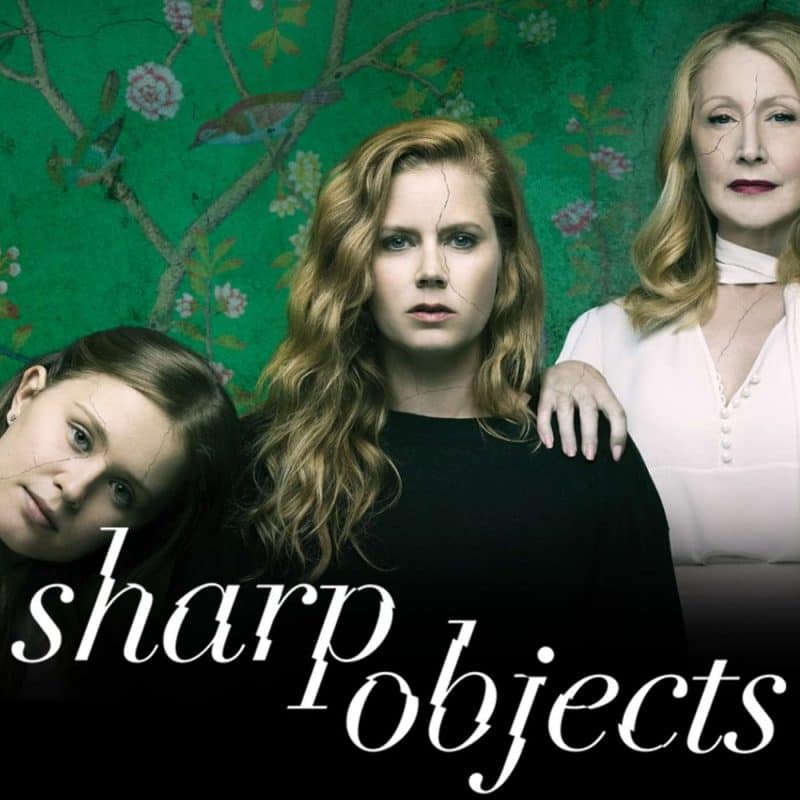
The Silence of the Lambs
I remember first watching this film at a sleepover and coming away feeling unnerved and having “It puts the lotion on its skin” on repeat in my dreams for weeks. When I learned that the film was based on a book, I was eager to dive in and get a deeper look into Hannibal Lector and Clarice Starling. Was their relationship different than in the show? Did Clarice really get hit with you know what? And how obvious was it that Hannibal was lying to the FBI about Buffalo Bill’s location? Unlike some of the other adaptations in this list, the movie followed the book pretty closely. So, if they’re so close to one another, is the movie really better? Obviously, I’m arguing yes but for good reason. Largely, we have Anthony Hopkins to thank for the adaption surpassing the book. His interpretation of Lector is insidious and creepier than the book could capture. But as a whole, the book felt dry and lacked apprehension. It felt very methodical, which for a fictitious true crime book was a logical tonal choice. However, after seeing the film there’s no denying that the book lacked flair. The movie takes the book and amplifies the tension and a sense of urgency to create an Oscar-winning psychological thriller.
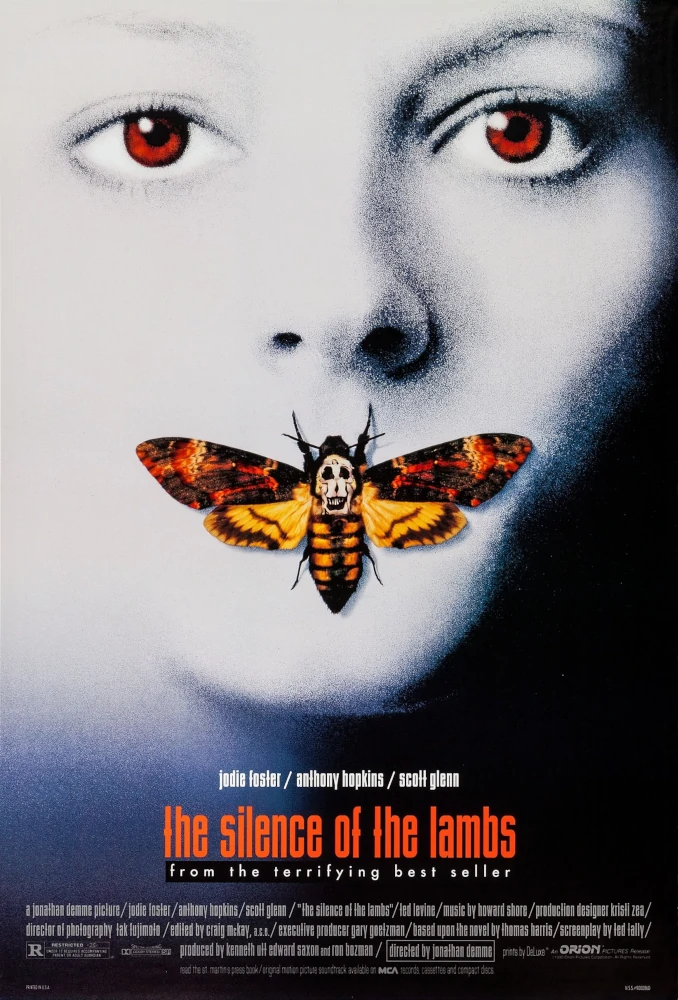
Fight Club
I’ll be the first to say, I think Fight Club is not Chuck Palahniuk’s best work. I’m biased towards some of his other lesser known but still respected stories like Invisible Monster, Lullaby, and Choke. Perhaps that has influenced my opinions on the film adaptation being better than the original, but I do have some thoughts to back it up—personal opinion aside. The biggest reason I believe the adaptation fairs better than the book is because it manages to make Tyler’s motivations and ideologies more tangible for viewers. While it’s evident Tyler is nuts in either form, the film accomplishes his transition from complex, misunderstood “nice” guy to the bad guy with another personality that just so happens to start a toxic masculinity cult. Another adaptation in which the ending differs from the book, Tyler ends up in a mental asylum in the film where he gets axed in the book. Normally, I’m all for the protagonist dying in the end. There’s something about an author risking it all and killing the main source of that story that I respect. However, Tyler is such an unlikeable character in the end that dying felt like too good of an ending for him. David Fincher’s choice to lock him up and let him replay things over and over again fit better with Palahniuk’s later writing style, while also giving the viewers the sense that Tyler is finally facing some consequences for being a crappy white guy.
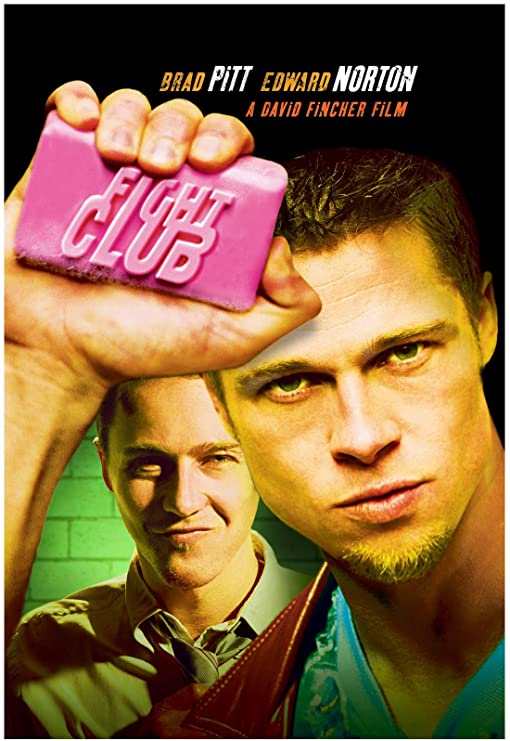
Hidden Figures
This one feels a bit unfair since the book has a historical basis, unlike the other books on this list. The story is inspiring and highlights the incredible women that NASA has a lot to be thankful for, but the adaptation takes the women featured in the book and gives their stories the extra oomph they needed for readers to really connect with their struggles and journey. It’s not the book’s fault that it’s a bit on the dry side—I mean it is partly about NASA-level math—but the movie tackles the significant moments in all three women’s lives while also giving their story the flourish the book couldn’t capture. Largely, there’s a difference in style expectations that makes most historical book adaptations seem bland and one-dimensional compared to their silver screen counterpart.
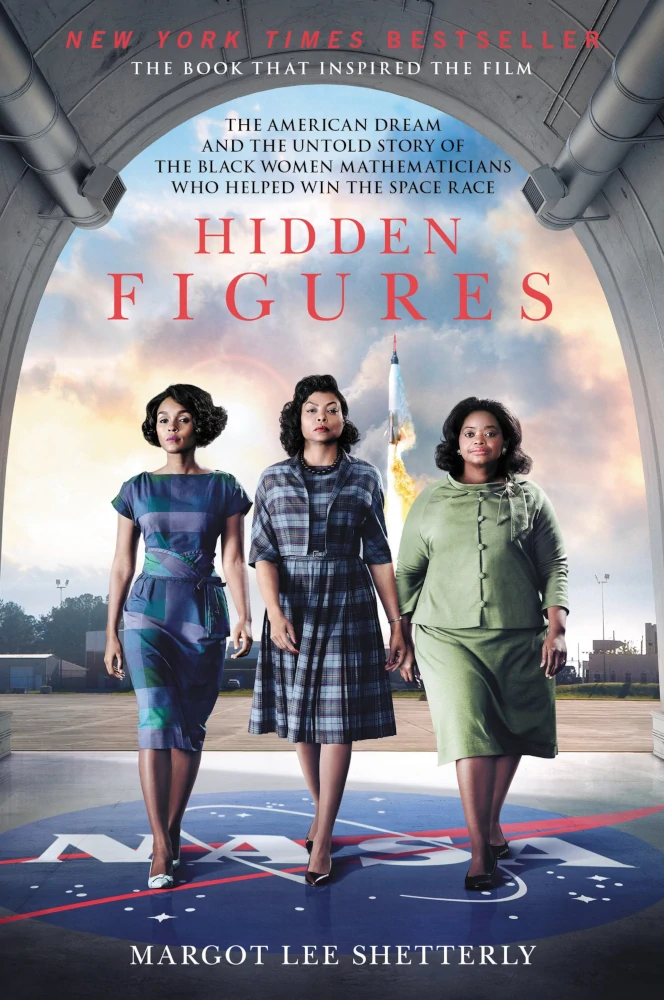
Jurassic Park
If you’ve read Jurassic Park, I feel there’s not a whole lot of explanation needed to argue the case for the film adaptation being better than the book. Though the book is fictional, it sure reads like a dull, dry, scientific journal explaining the science behind how this park and its resurrected dinosaurs are possible. “Mr. DNA” tackles all that science in a consumable, five-minute segment in the movie, allowing for the real fun and tension of the story to unfold. While I understand the author logic being detailed and validating their version of reality, it makes the book really uninteresting for the first third. It took me several goes at the book to finish it; I have never heard of a single person who has struggled to finish the film version of Jurassic Park. There’s something about actually seeing realistic dinosaurs go after kids and strangers that doesn’t render as well on the page.
